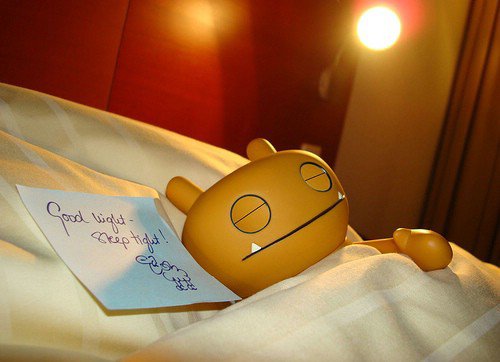
/can-sleep-deprivation-cause-hallucinations-30146691-5c82c4e7c9e77c00010c21d0.gif)
These issues have made it difficult to study these experiences in relation to each other. Finally, they involve different states of consciousness, with dreams occurring while asleep, and with contents rarely available to memory recall or introspection in most people. Frequency rates also separate them: hallucinations are more likely to be found in a proportion of the population with mental or neurological disorders compared with imagery and dreams, which are universal human experiences that occur almost on a daily basis. Because hallucinations can cause significant distress and functional burden, they could be viewed as deviations or anomalies that can help demarcate the point at which a person requires a psychiatric evaluation and/or treatment. Traditional divisions between psychiatry and psychology have often favoured a separation along the line of ‘normality’. Contemporary notions, however, tend to separate these experiences. Several early scholars viewed them as occurring on a continuum of perceptual experiences utilizing similar brain areas and pathways. Ĭommonalities between them include the internal representation of an image, which can occur in one or more sensory modalities, and which can be ‘seen’ or ‘heard’ or ‘felt’ within one's mind. They include experiences such as hallucinations, dreams, imagery, daydreams and fantasies, which are created entirely by the brain, without the intervention of the senses. The term ‘stimulus-independent perception’ refers to a broad subcategory of perceptions that are decoupled from the sensory environment.
#AUDITORY HALLUCINATIONS SLEEP HOW TO#
Vitorovic is a former chief neurology resident and Biller is a professor and chair in the Department of Neurology of Loyola University Chicago Stritch School of Medicine.Throughout history, we have been faced with the question of how to classify human perceptions. "In other words, is forgotten information lost, or just not accessible?" "Further research is necessary on the mechanisms of forgetfulness," Vitorovic and Biller write. This raises the possibility that the songs were buried in her memory, but she could not access them except when she was hallucinating. The unique feature of the patient was her ability to hum parts of some tunes and recall bits of lyrics from some songs that she did not even recognize. The patient was treated with carbamazepine, an anti-seizure drug, and experienced some improvement in her symptoms.

The volume never changed, and she was able to hear and follow conversations while hallucinating the music. For example, she would hear one song over and over for three weeks, then another song would begin playing. Within four months, she was hearing music all the time. Vitorovic and Biller describe a hearing-impaired patient who initially hallucinated music when she was trying to fall asleep. Hearing impairment is the most common predisposing condition, but is not by itself sufficient to cause hallucinations. Several conditions are possible causes or predisposing factors, including hearing impairment, brain damage, epilepsy, intoxications and psychiatric disorders such as depression, schizophrenia and obsessive-compulsive disorder. Musical hallucinations usually occur in older people. Most patients realize they are hallucinating, and find the music intrusive and occasionally unpleasant. Musical hallucinations are a form of auditory hallucinations, in which patients hear songs, instrumental music or tunes, even though no such music is actually playing. The case raises "intriguing questions regarding memory, forgetting and access to lost memories," the authors write. The neurologists describe the unique case in the journal Frontiers in Neurology.

José Biller of Loyola University Medical Center. This is the first known case of a patient hallucinating music that was familiar to people around her, but that she herself did not recognize, according to Dr.

The songs were popular tunes her husband recognized when she sang or hummed them.


 0 kommentar(er)
0 kommentar(er)
